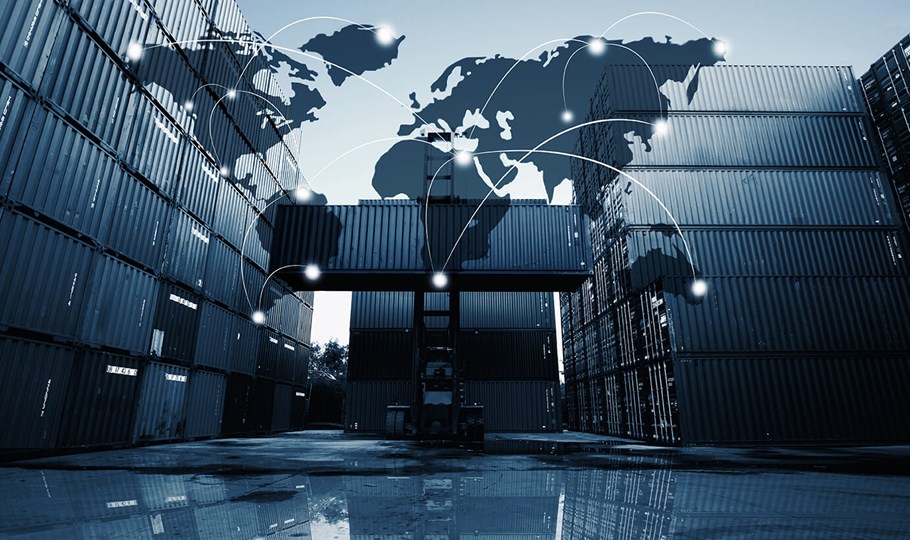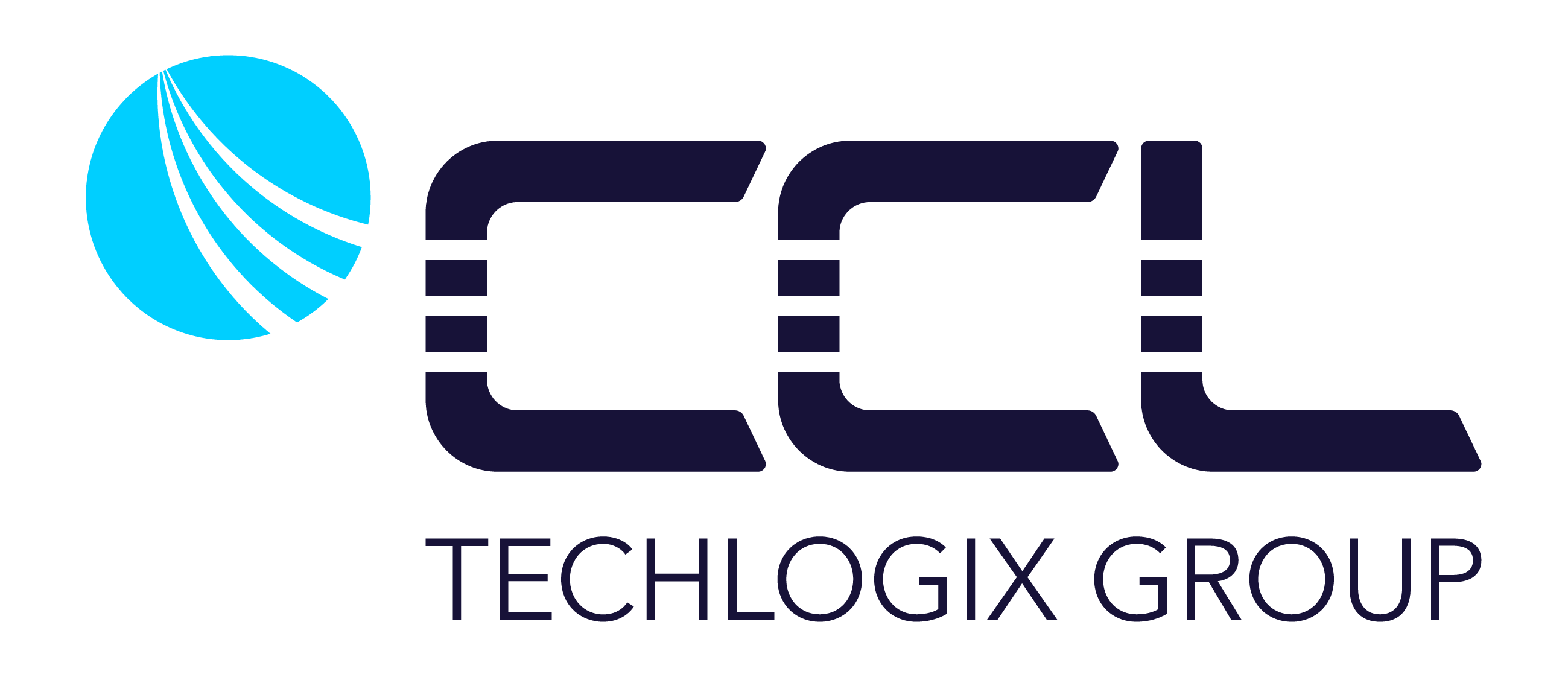
New rules are coming into play on July 2021, meaning all goods exported to the EU will be subject to VAT, removing the previous threshold of €22 minimum spend. The change is aimed at B2C ecommerce shipments.
To make this transition easier for sellers, the European Commission has launched an IOSS (Import One Stop Shop) online portal to support the sale of goods up to €150 or £135. Here’s everything you need to know about the new system.
WHAT’S CHANGED
From July 2021 all goods being imported to an EU member state will be subject to local VAT rate in its destination country.
If this VAT has not been paid at the checkout stage, then before receiving their goods your customers will be charged the Delivery Duties Unpaid (DDU) as well as any handling fees.
If these extra charges have not been proactively explained to your buyers, they may refuse to receive delivery of the goods, and may even negatively review your business.
VAT AT CHECKOUT
To avoid this, the European Commission has introduced an IOSS (Import One Stop Shop) online portal, to act as an optional VAT registration scheme, which allows you to collect tax at the checkout.
While it is a smart move, registering for the IOSS platform is not mandatory and you can continue to declare and pay VAT on EU imports as you have always done.
However, if you sell on a market place, such as Amazon or eBay, you must check how their policies are changing with the introduction of the IOSS. These marketplaces may collect and remit the VAT for your business, or you may have to action it yourself.
If your business is not based in the EU, you cannot implement the VAT at checkout option until you appoint an EU-established intermediary, to fulfil your VAT obligations under IOSS.
IOSS INTERMEDIARY
Your IOSS Intermediary must be an EU-established taxable person, such as an accountant, who can handle the submission of IOSS VAT returns and payment of VAT on the distance sales of imported low value goods.
The Intermediary must register with the tax office of their member state of residency, once this is done, they will be granted a unique Intermediary Identification Number.
In the case of non- payment, destination countries will attempt to recover the VAT from the intermediary and if this attempt fails, they will try to recover VAT from the seller.
However, the seller remains liable for the VAT obligations, including the payment of VAT, together with the intermediary.
MEMBER STATE OF IDENTIFICATION
You are also required to set a Member State of Identification, to which you will file your monthly IOSS return for all the eligible goods sold to customers across the EU.
Your Member State of Identification will be either the Member State in which you have a business or – if you have no place of business in the EU – it is your chosen EU country.
IOSS FURTHER REQUIREMENTS
Once your Intermediary and Member State of Identification is set up you must then follow these steps:
- Display the amount of VAT to be paid by the customer in the destination country at the checkout stage.
- Collect the VAT from the buyer.
- Ensure your European export goods are shipped in consignments under the €150 threshold.
- On the VAT or commercial invoice, list either the price paid by the customer in euros, or the VAT rate paid per VAT amount separately.
- Give the carrier the information required for customs clearance in the EU, including the IOSS VAT identification number.
- Submit a monthly IOSS return to the Member State Identification for all the eligible goods sold to customers across the entire EU.
- Keep records of all eligible IOSS distance sales of imported goods for 10 years, for possible audits by EU tax authorities.
BENEFITS
Although this sounds like a time -consuming process it will create long-term efficiencies, by speeding the release of goods from customs to your buyer; this is because goods exported by an IOSS seller will only be checked for a valid IOSS number before being dispatched to the customer, instead of having to wait until the VAT has been cleared.
Joining the IOSS can also save your business time by reducing the administration burden, as you only register with one portal and one Member State of Identification to sell to the whole of the EU.
CAUTIONARY NOTE
Communication is key, we strongly recommend seeking financial advice about the IOSS and its implications for your business.
Buyers who are faced with unexpected charges at delivery are going to be less satisfied than those who had the oversight of all costs from the start. If customers refuse delivery because of an unpaid fee then the returns process will cost your business money and time to resolve, as well as the long-term affect it may have on your revenue from loss of repeat custom.
